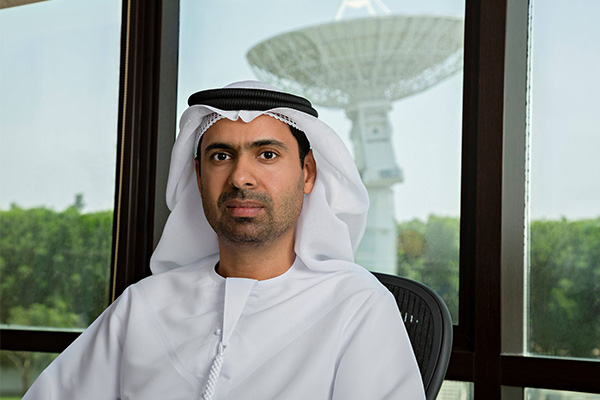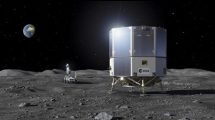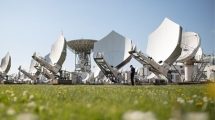
The Mohammed bin Rashid Space Centre (MBRSC) has extended the deadline for application submission for the second edition of the UAE Astronaut Programme until March 31 due to the high turnout of participants.
The extension aims to provide Emiratis aspiring to engage in scientific exploration and manned space missions the opportunity to enrol in the programme.
The UAE Astronaut Programme is part of the country’s ‘2020: Towards the next 50’ plan and will be followed with launching the Hope Probe to Mars in July, then hosting the International Astronautical Congress (IAC) for the first time in the MENA region.
Applicants to the second edition of the UAE Astronaut Programme should be UAE nationals above 18 years old, have proficiency in Arabic and English, and be university graduates (Bachelor’s or Higher degrees). All professions will be considered, from engineers to pilots, military personnel to teachers, as well as those involved in STEM.
Commenting on the extension, HE Yousuf Hamad AlShaibani, Director General of MBRSC, said: “The great interest in joining the second batch of the programme reflects the ambition of the UAE citizens, and their keenness to achieve UAE’s goals in the field of space exploration and realise more milestones in space science and research.”
Engineer Salem Humaid AlMarri, Head of the UAE Astronaut Programme, added: “Extending the deadline comes as a result of the remarkable and significant turnout since opening registration last December. AlMansoori and AlNeyadi will lead an introductory tour in the UAE and GCC countries, to shed light on the first Emirati manned space flight, and the UAE Astronaut Programme, as well as to highlight the future challenges and aspirations, to motivate future generations to pursue various space sciences and specialisations.”












Add Comment